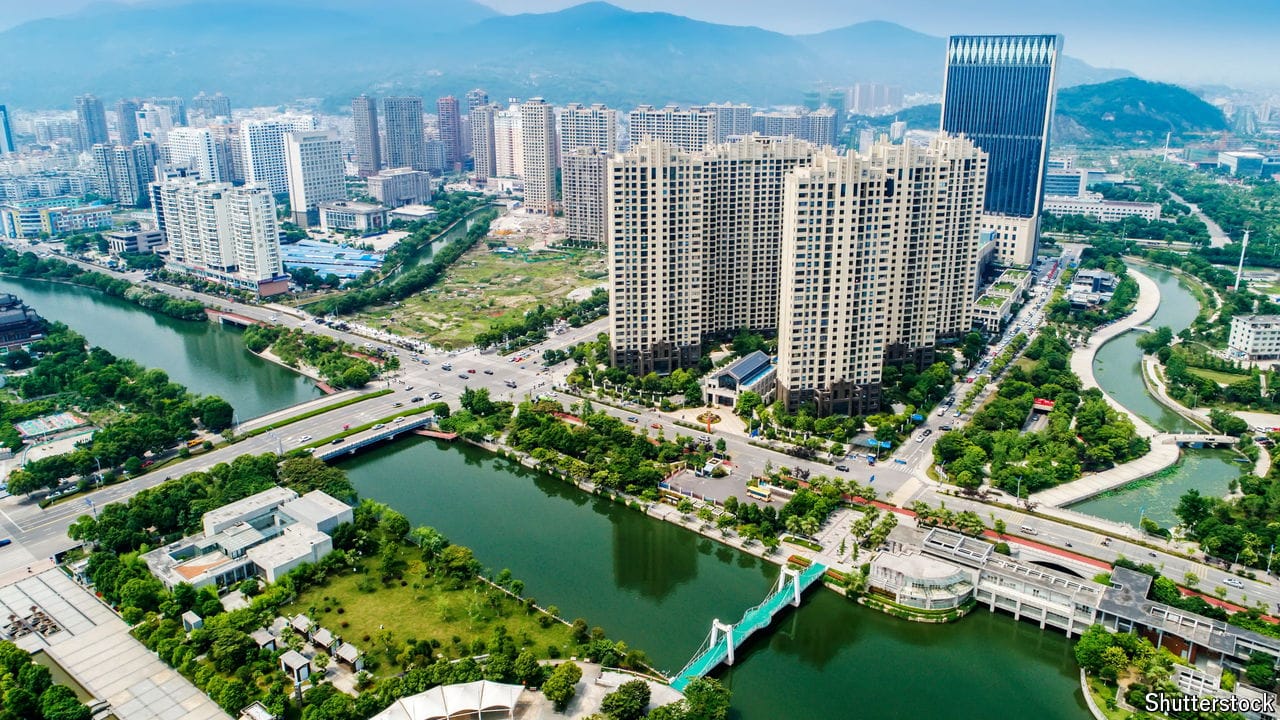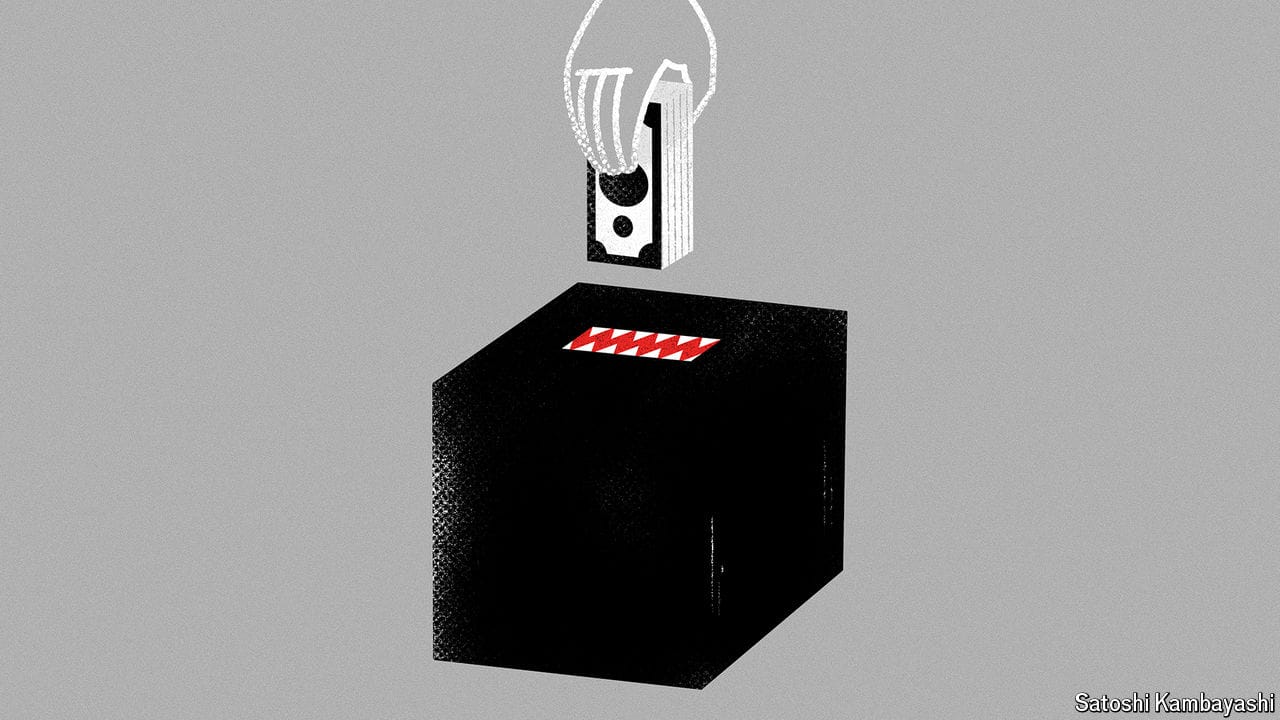Should central banks’ inflation targets be raised?
The last in our series on the central-bank pivot

When new zealand’s parliament decided in December 1989 on a 2% inflation target for the country’s central bank, none of the lawmakers dissented, perhaps because they were keen to head home for the Christmas break. Rather than being the outcome of intense economic debate, the figure—which was the first formal target to be adopted by a central bank—owes its origin to an offhand remark by a former finance minister, who suggested that the soon-to-be-independent central bank should aim for either zero or 1% inflation. The central-bank chief and incumbent finance minister used that as a starting-point, before plumping for 0-2%. Over time, 2% became the standard across the rich world.
Should the somewhat arbitrary goal of 2% be changed? The question may seem a little churlish when central banks are so flagrantly missing their existing targets: annual inflation in America, Britain and the euro area, for instance, is running at around 9%. The Federal Reserve’s experiment with “flexible average-inflation targeting” has coincided with the central bank allowing inflation to get out of hand. Yet it is possible that raising the target might help prevent rich countries from returning to the low-inflation, low-growth malaise that was the rule for the decade after the global financial crisis. The idea therefore warrants consideration.
This article appeared in the Finance & economics section of the print edition under the headline “Aiming high”
Finance & economics July 23rd 2022
- The 53 fragile emerging economies
- How American banks are responding to rising interest rates
- Dollar-euro parity may be justified. But the yen looks cheap as chips
- Is China facing an energy crunch, too?
- Fresh woe for China’s property sector: mortgage boycotts
- The Fed put morphs into a Fed call
- Should central banks’ inflation targets be raised?
More from Finance and economics

China’s last boomtowns show rapid growth is still possible
All it takes is for the state to work with the market

What the war on tourism gets wrong
Visitors are a boon, if managed wisely

Why investors are unwise to bet on elections
Turning a profit from political news is a lot harder than it looks
Revisiting the work of Donald Harris, father of Kamala
The combative Marxist economist focused on questions related to growth
Donald Trump wants a weaker dollar. What are his options?
All come with their own drawbacks
Why is Xi Jinping building secret commodity stockpiles?
Vast new holdings of grain, natural gas and oil suggest trouble ahead
